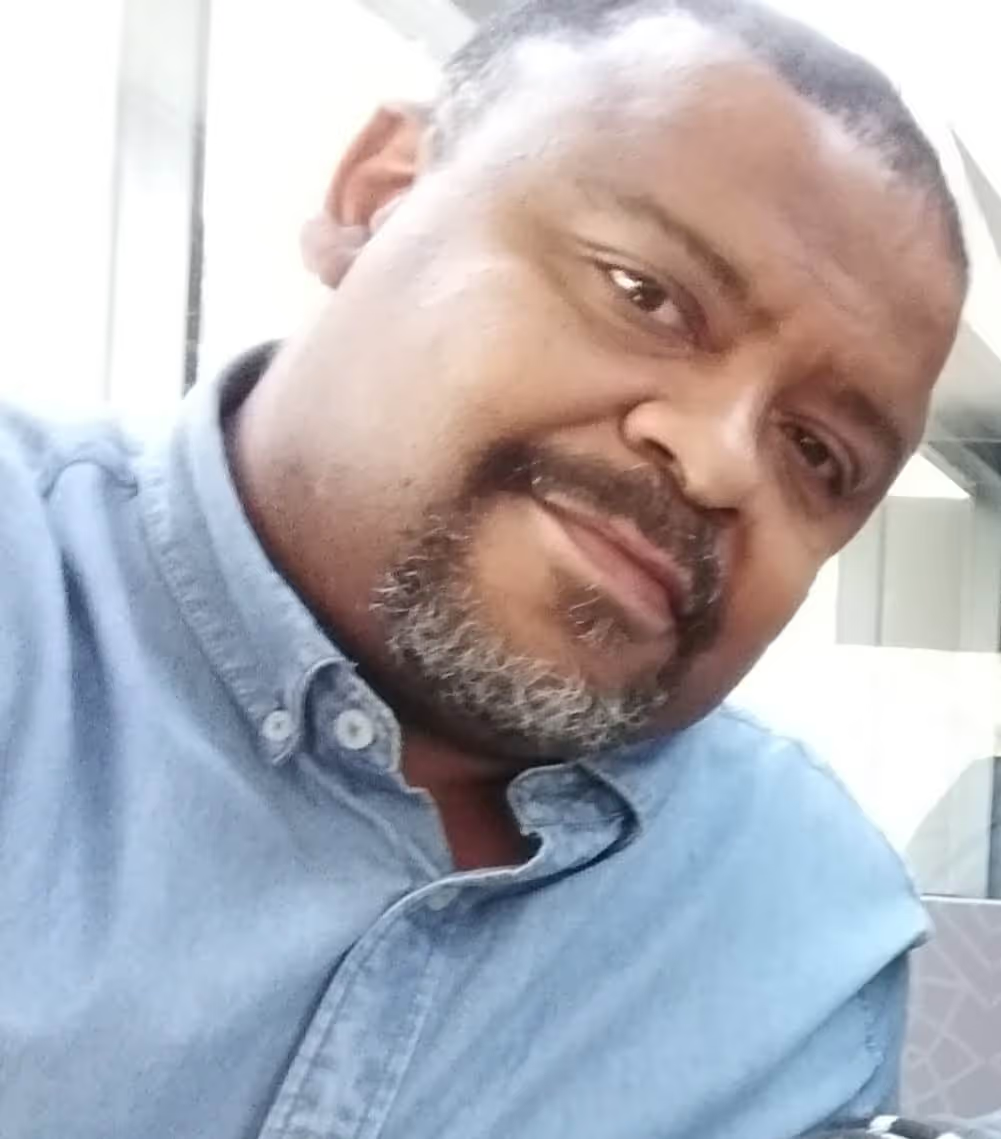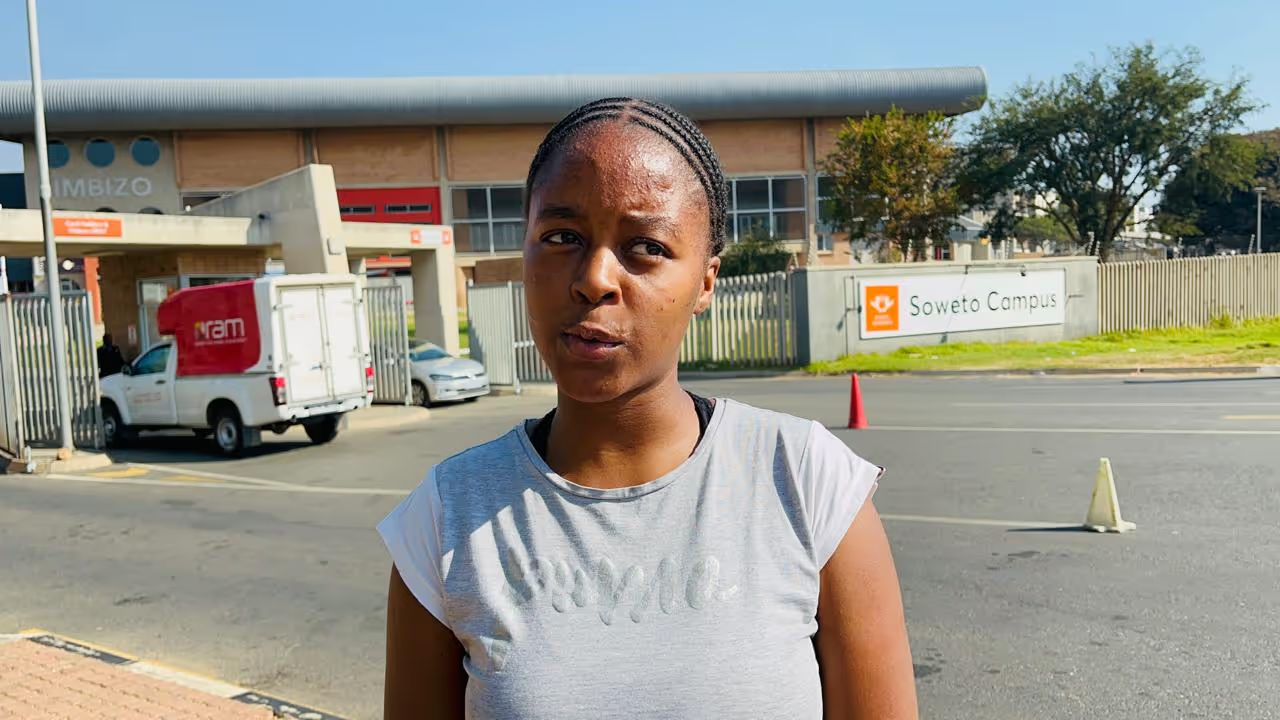How does one measure your quality of life? One relatively objective measure to use is whether or not your basic needs are being met. Do you have access to clean potable water? Do you have access to sanitation? Do you have access to reliable electricity or good sustainable sources for fuel for cooking and heat? Do you have access to good education for your children? Do you have access to primary healthcare? Surprisingly, in 2022, in South Africa these questions cannot be answered simply with a “yes” or on an unqualified basis, even for middle class South Africans.
ACCESS TO CLEAN WATER
The unreliable and unpredictable nature of electricity supply is on full display this year with loadshedding becoming frequent and more severe. Another example of failing service delivery is access to clean drinking water. The access to clean drinking water is defined as clean, piped water delivered within 200 metres of a household at a minimum flow rate of 10 litres per minute, for 300 days a year,with any interruption not lasting longer than two days at a time. Access to water is a constitutional right for South Africans and access to water has improved dramatically since 1993 where 67% had access to 85% in 2015 and then 96% in 2018. Unfortunately, and in contradiction the reliability of that infrastructure has been deteriorating to the extent that in 2018 only 64% of households had access to reliable water supply. So, water shortage protests such as the one that shut down the N1 at Ventersburg on 26 September 2022 happens regularly and in various places in the country.
POOR GOVERNANCE
The water supply access problem is made worse by wastage and inefficient use, poor maintenance, poor management and a governance and policy environment that makes it difficult to hold anyone to account. Water services is also severely under-priced which means that there is a persistent capital shortfall to maintain existing infrastructure. The sanitation situation is worse with 14.1 million people not having access to safe sanitation in 2017. Government knows there is a crisis and this is evident in the opening paragraph of the National Water and Sanitation Master Plan Volume 1: Call to Action – “South Africa is facing a water crisis caused by insufficient water infrastructure maintenance and investment, recurrent droughts driven by climatic variation, inequities in access to water and sanitation, deteriorating water quality, and a lack of skilled water engineers.”
ACCESS TO HEALTH CARE
The situation in healthcare is not much better. Just this week the Steve Biko Academic Hospital had to halt surgeries due to broken air conditioning – this while at any time, a.1000 people are waiting for surgeries. At Rahima Moosa doctors were asked to bring water to work to assist with toilets and washing hands. Only17% of South Africans have access to private healthcare. Some 82% of South Africans rely on the public health care system as per Statistics SA’s 2016 Household Survey. The public healthcare system comprises about 4000 public health facilities.
THE POOR AND RURAL SUFFER MOST
The South African Human Rights Council (SAHRC) conducted an investigation into Access to Health Care services and found that the system suffers from under resourcing that translates into an incapacity to provide adequate health care for especially poor people in rural areas. The SAHRC found that public health care users must endure long waiting times, overcrowding, compromised cleanliness, outdated technology and lack of emergency transport. The report noted with concern that there are discriminatory attitudes in the public health system toward vulnerable groups.
SURVIVALIST MENTALITY
South Africans and in particular poor and Black SouthAfricans, in the first two decades since democracy, had seen their access to services improve. Sustaining the service delivery in an adequate, reliable manner appears to have not been possible. National and local government are struggling to maintain infrastructure and to develop capita lprojects that will extend service delivery further. Things are supposed to get better, National Water and Sanitation Master Plan Volume 1:Call to Action v 10.1 31 October 2018 but it is not. The impact of it not improving is that it places especially poor South Africans in a subsistence mode and a survivalist paradigm. A citizenry that is fighting for basic services to survive cannot flourish and grow. The next generation of South Africans that will emerge from this subsistence and survivalist mindset will be resentful and angry. They will vent their anger in the streets initially against government but will as it always does turn on the little infrastructure there is and then against the minority middle class. Will government be able to arrest the decay in service delivery infrastructure? Only time will tell. Hopefully those in power are listening to the ticking clock before it becomes a ticking bomb.







